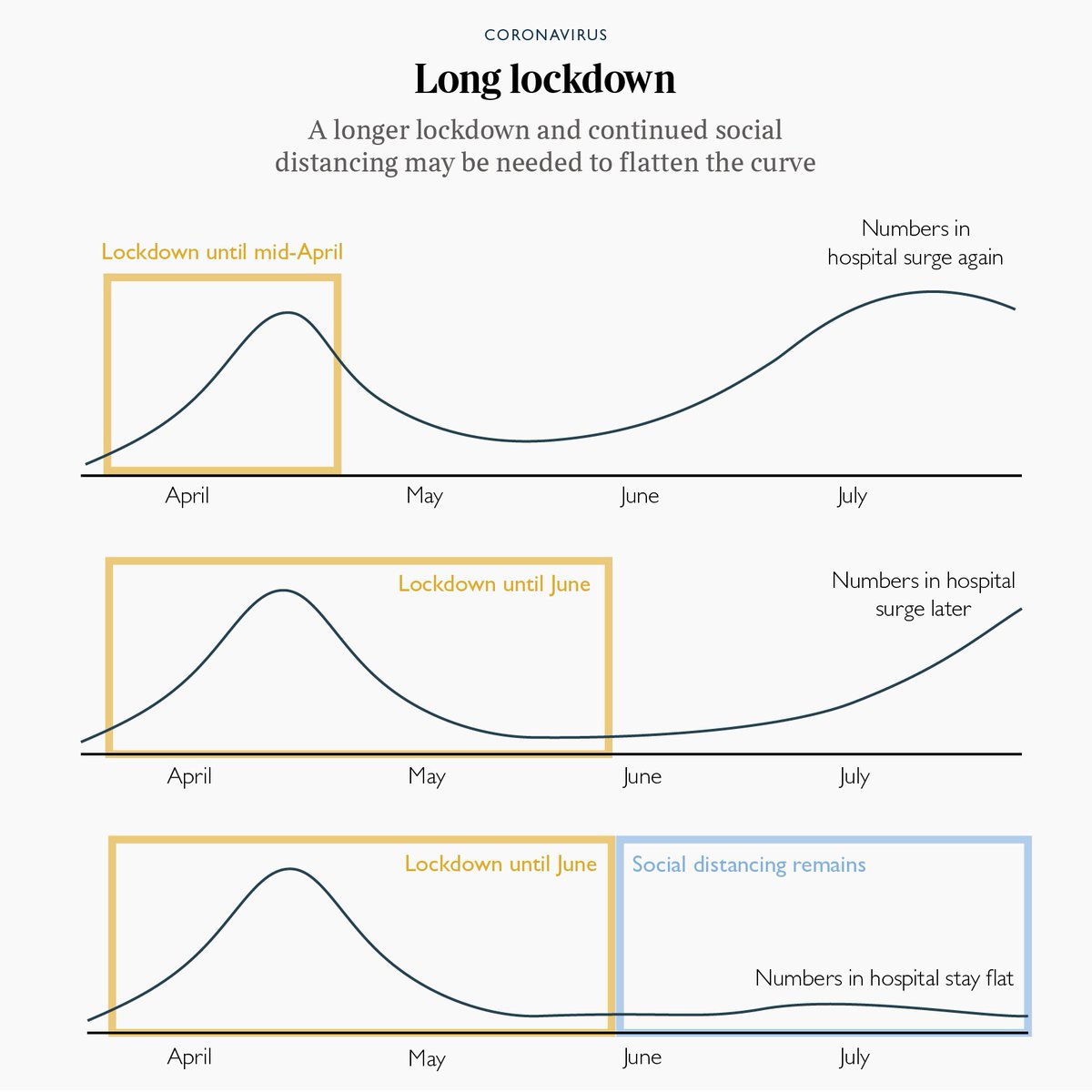
Economist at @UniofOxford @StEdmundHall @LBS @chathamhouse | Author of The @greatbookseries | https://t.co/cUbrQZtRQA | Bluesky @lindayueh.bsky.social
How to get URL link on X (Twitter) App


 Professor Ferguson said: “We’re going to have to keep these measures [full lockdown] in place, in my view, for a significant period of time probably until end of May, maybe even early June. May is optimistic.”
Professor Ferguson said: “We’re going to have to keep these measures [full lockdown] in place, in my view, for a significant period of time probably until end of May, maybe even early June. May is optimistic.”